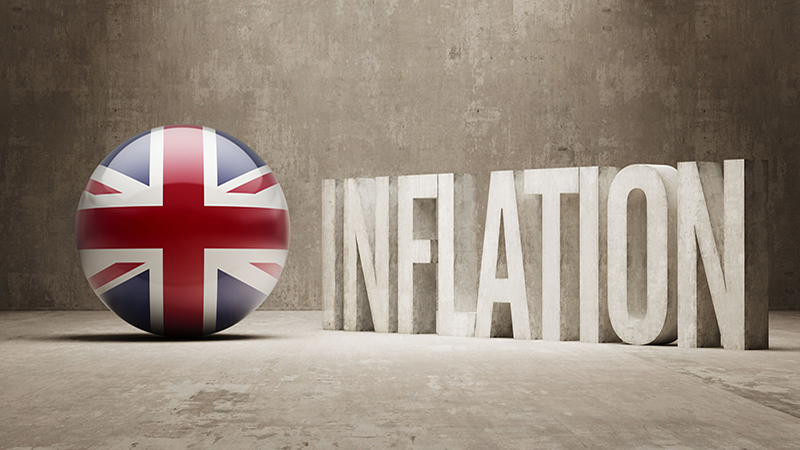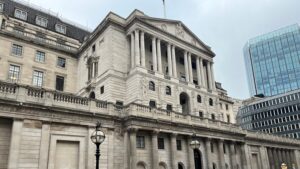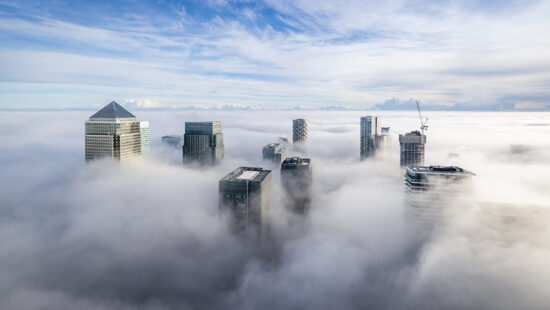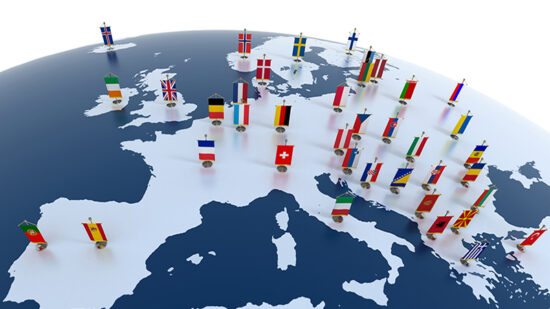The UK consumer price index fell for the first time in 11 months to 9.9% in August, down from July’s four-decade high of 10.1%, driven by a 14.3 pence per litre fall in motor fuel prices.
Despite the unexpected drop in inflation, analysts have warned that it could take months for a substantial reduction to materialise.
Myron Jobson, senior personal finance analyst at Interactive Investor, said: “The psychological impact of not having double-digit price rises doesn’t shroud the reality that inflation remains sizzling hot, running at five times the Bank of England target.”
The price increase on goods and services had the largest upwards impact on inflation, which mostly offset the effect of declining fuel prices.
The fall comes as the Bank of England holds its delayed monetary policy committee meeting next week, at which interest rates are expected to rise above 1.75% for the first time since January 2009.
See also: Inflation predictions get scary as Citi warns CPI to breach 18% in January
Bank of England expected to increase interest rates
Core inflation, which takes out energy, alcohol, and tobacco, increased from 6.2% to 6.3%, which will cause the BoE to act, according to Rupert Thompson, investment strategist at Kingswood. He said: “The Bank of England still faces a major challenge returning inflation to its 2% target. While these numbers may make a 0.75% hike in UK rates next week somewhat less likely, rates still look certain to be raised by at least 0.5%.”
Susannah Streeter, senior investment and markets analyst at Hargreaves Lansdown, also predicted that a 0.5% increase in interest rates is now more likely.
The government’s £2,500 cap on household energy bills may further impact the rate of inflation.
Nicholas Hyett, investment analyst at Wealth Club, said: “Government plans to cap energy prices will help to some degree, but it may be that more support is needed over the winter if prices accelerate away once again.
“Concern about the state of the UK economy and pace of government spending is already weighing on the price of sterling, and acting as a key driver of inflation. Further demands on the public purse would make things worse but may be unavoidable.
“Today’s moderation in inflation is welcome, but it may be just a short calm before the storm resumes.”
Richard Carter, head of fixed interest research at Quilter Cheviot, offered a more optimistic outlook, stating that Liz Truss’s energy price cap may mean that inflation is now close to peaking. Despite this, Carter called for caution, saying: “Last month’s fall could likely be a fluke and we may see inflation climb further still in the months to come.
“While the energy plan may help, it comes at the cost of higher levels of borrowing and government spending which could encourage the Bank of England to hike rates even further than originally expected.”
Rising US inflation may cause the Fed to act
In the US, core inflation doubled to 0.6% from July’s figures, with the Federal Reserve expected to take more action to address the rise.
Richard Hunter, head of markets at Interactive Investor, said: “Investors are for the moment back to square one, as a hot US inflation print obliterated recent market gains. The August reading did show a slight reduction to 8.3% [from 8.5% in July] at the headline level, which is less than had been hoped for.
“Overall, even declining gasoline prices were offset by gains in rent and food costs. The implications from the hotter than expected numbers are clear. Whereas the recent market rally was predicated on an assumption that inflation had peaked, it remains more resilient than had been hoped, such that the Federal Reserve will have little option but to continue with its aggressive monetary policy.”
Hargreaves Lansdown’s Streeter said: “More aggressive [US] rate rises will mark a sharp escalation in borrowing costs, and worries are ratcheting up about the effect this will have on the global economy, as we hurtle away from the era of cheap money.”







